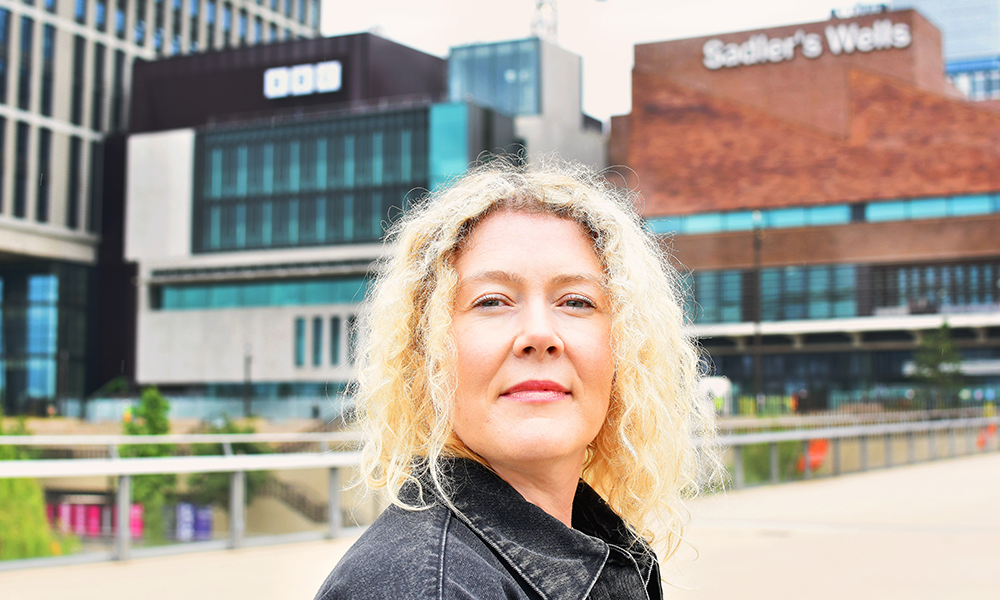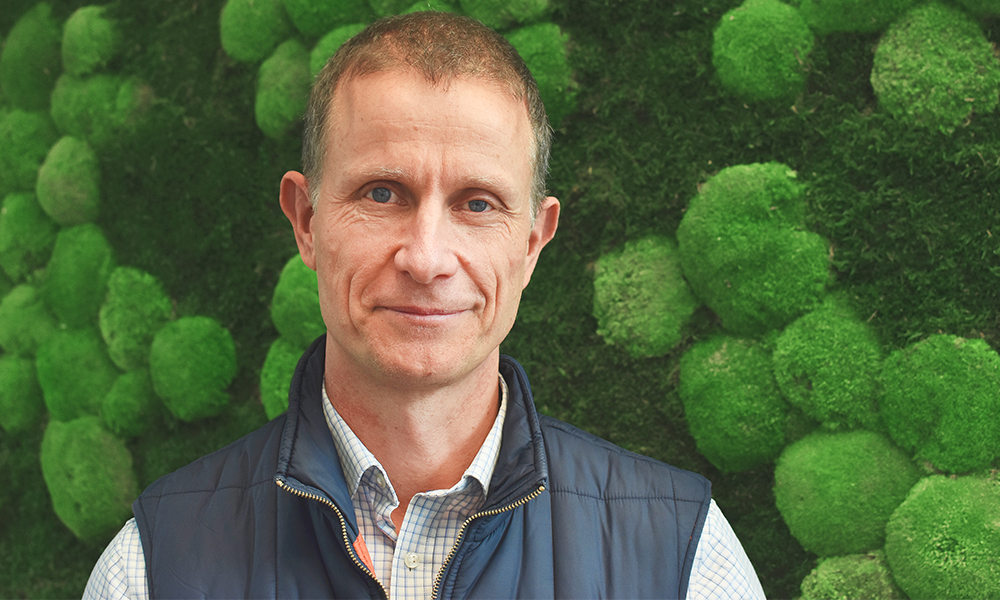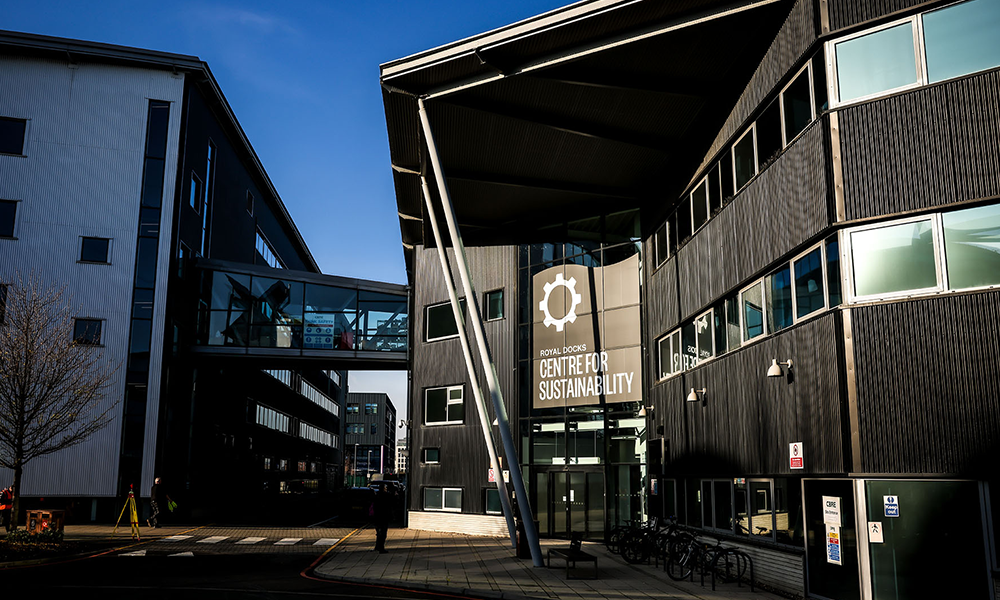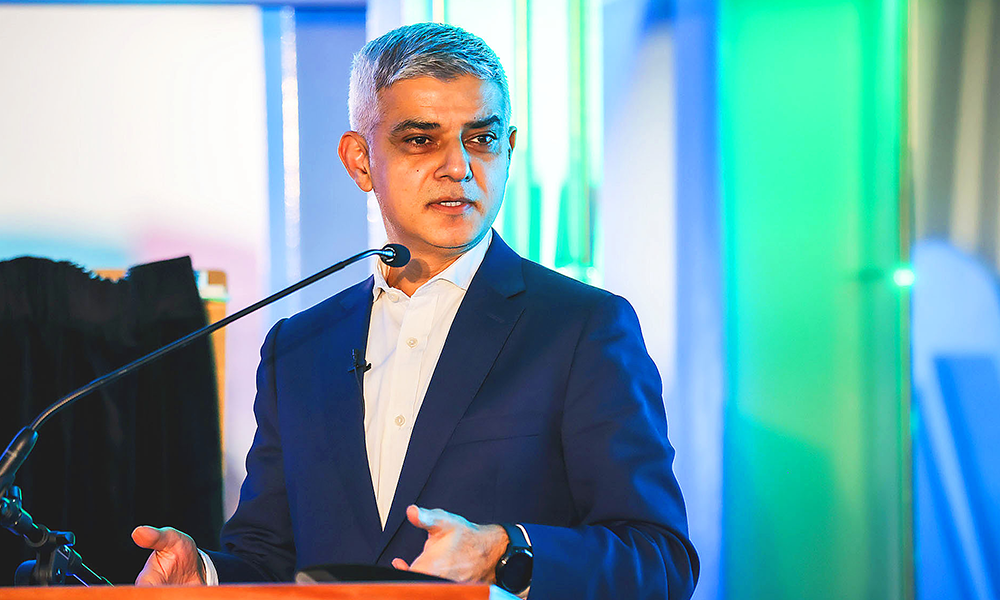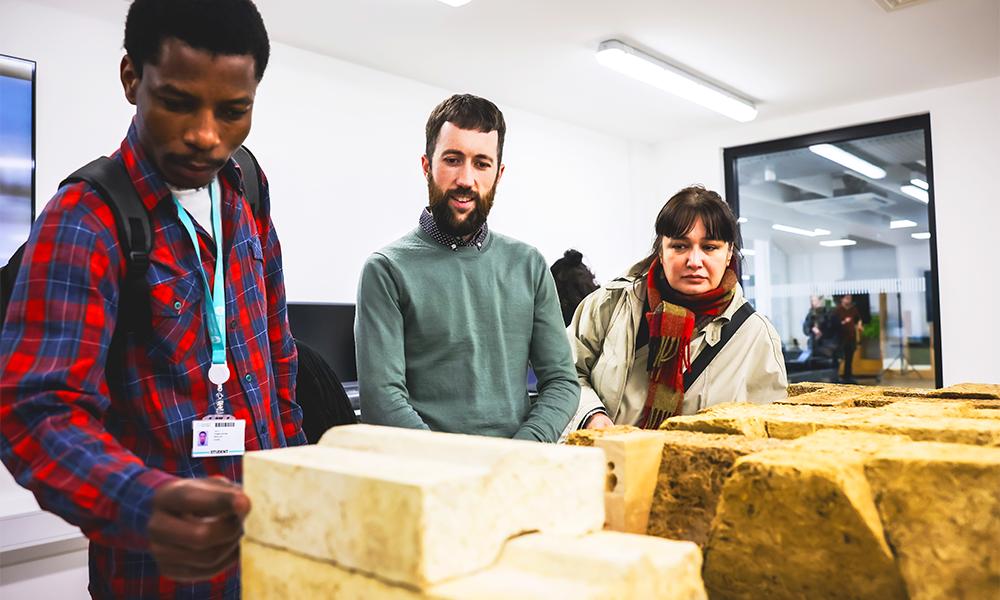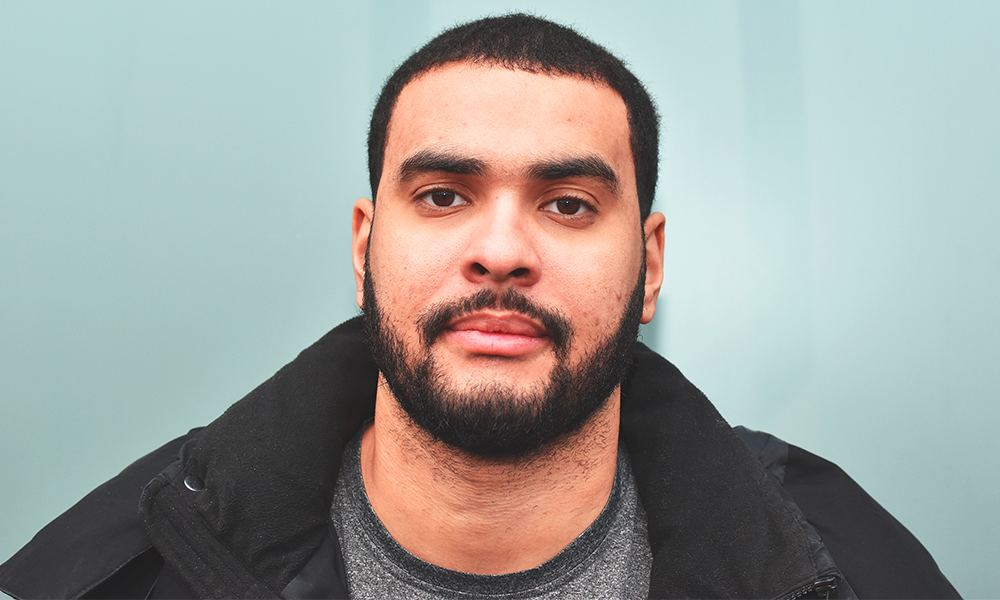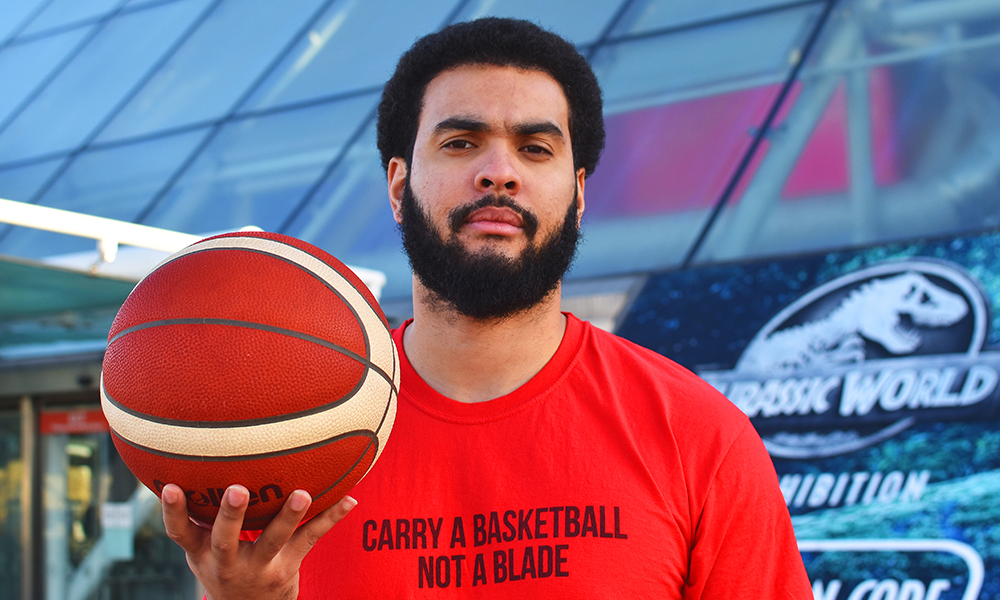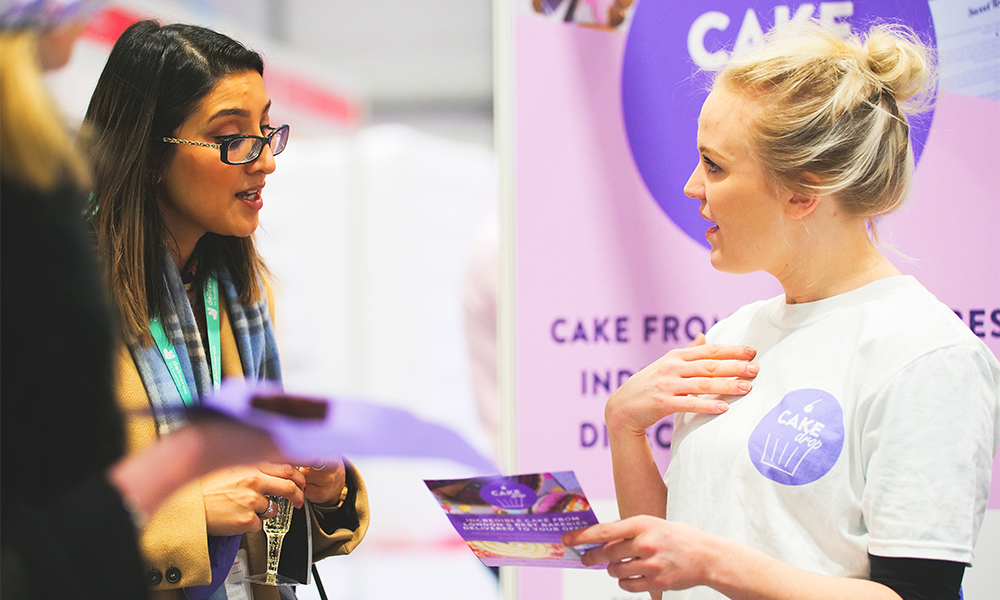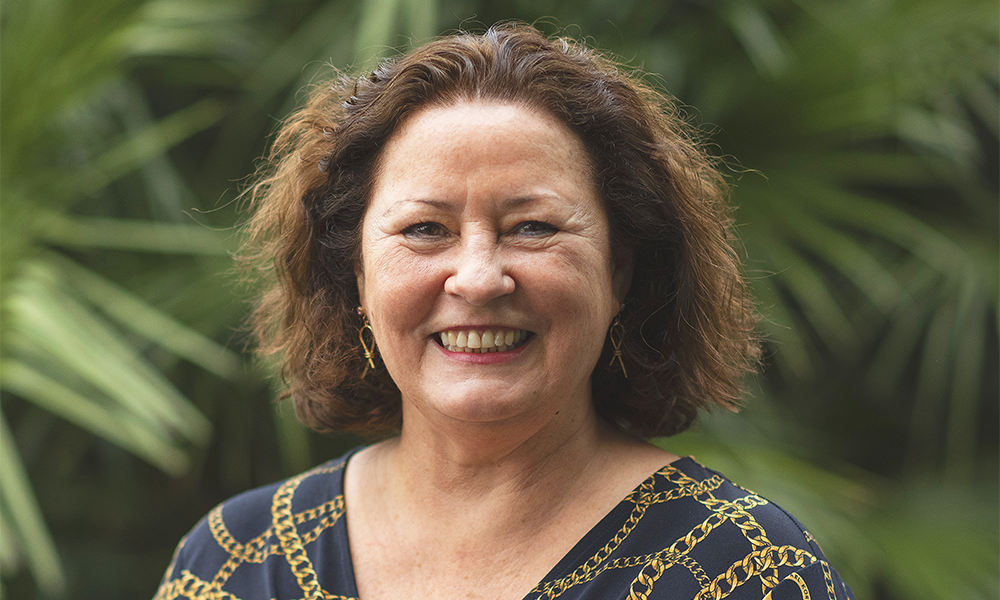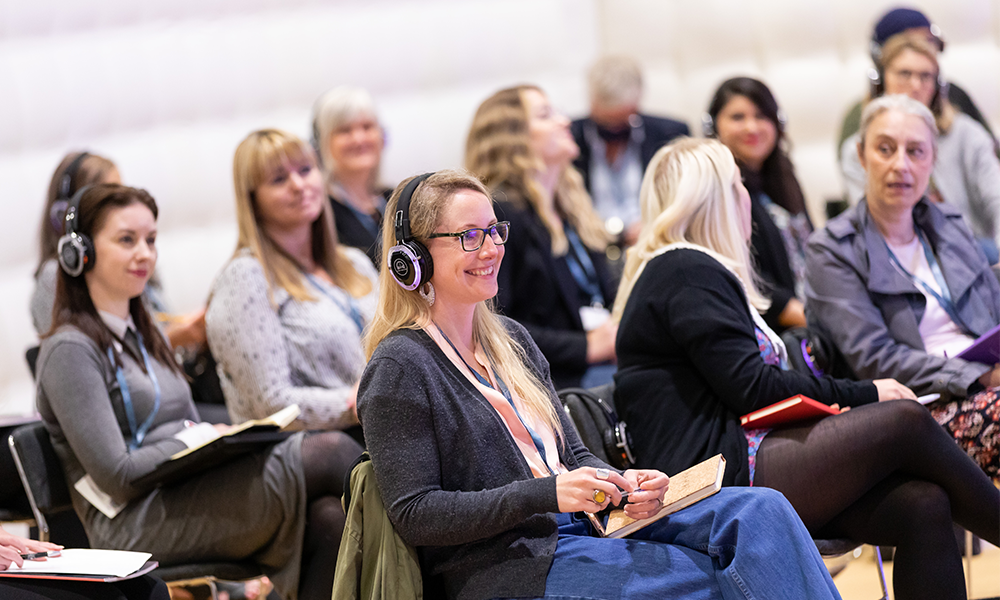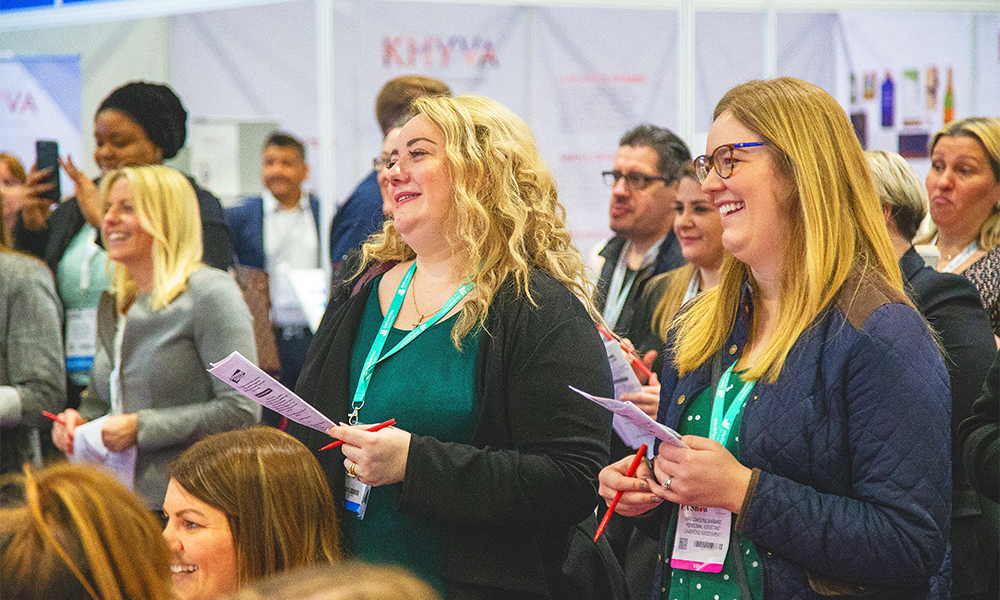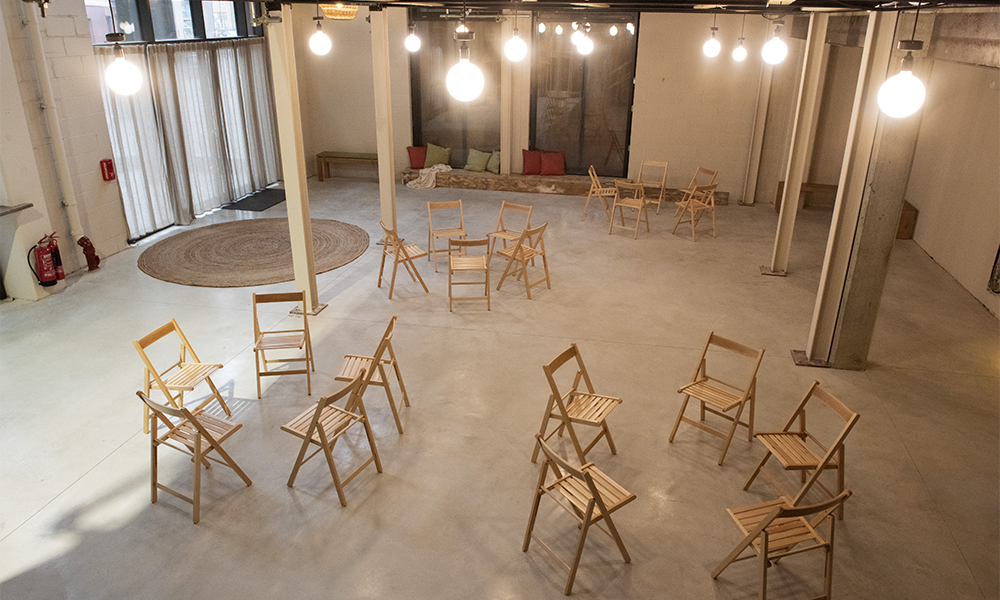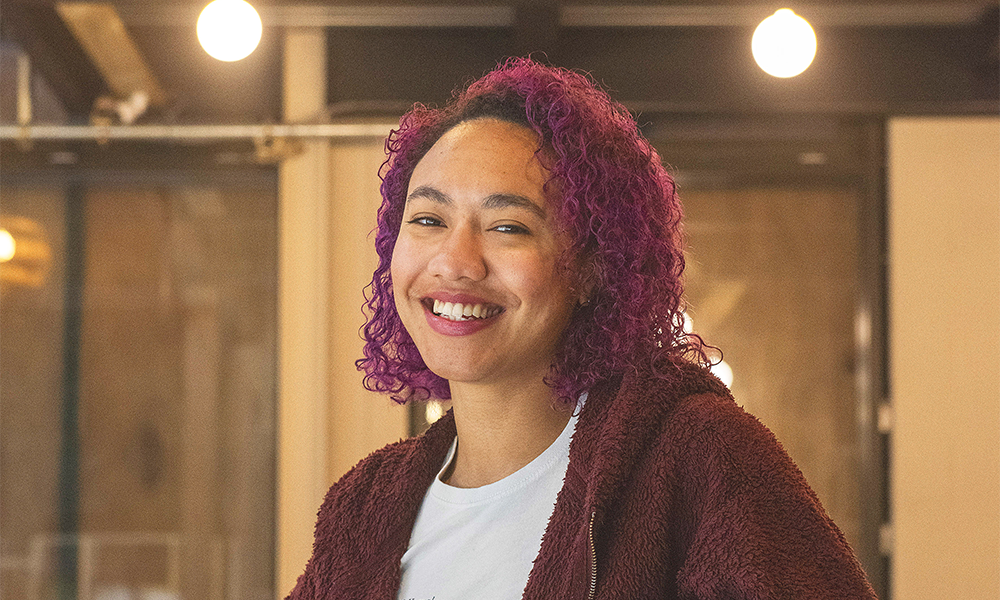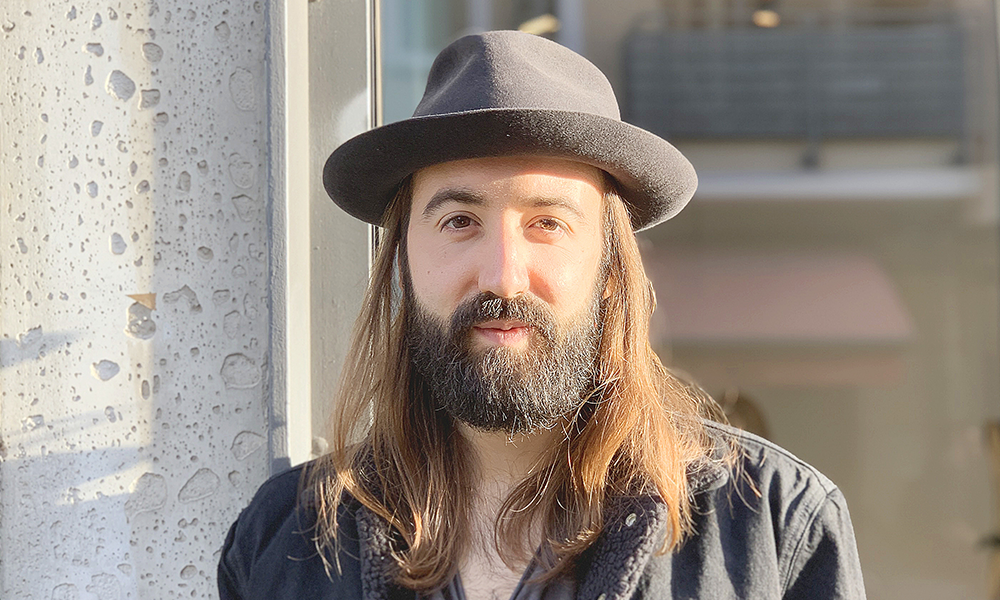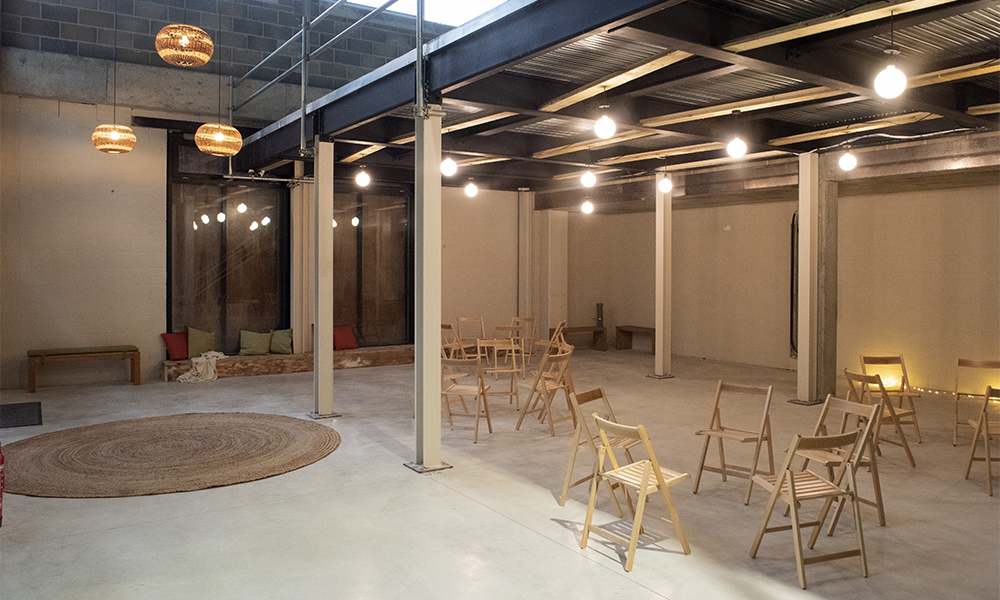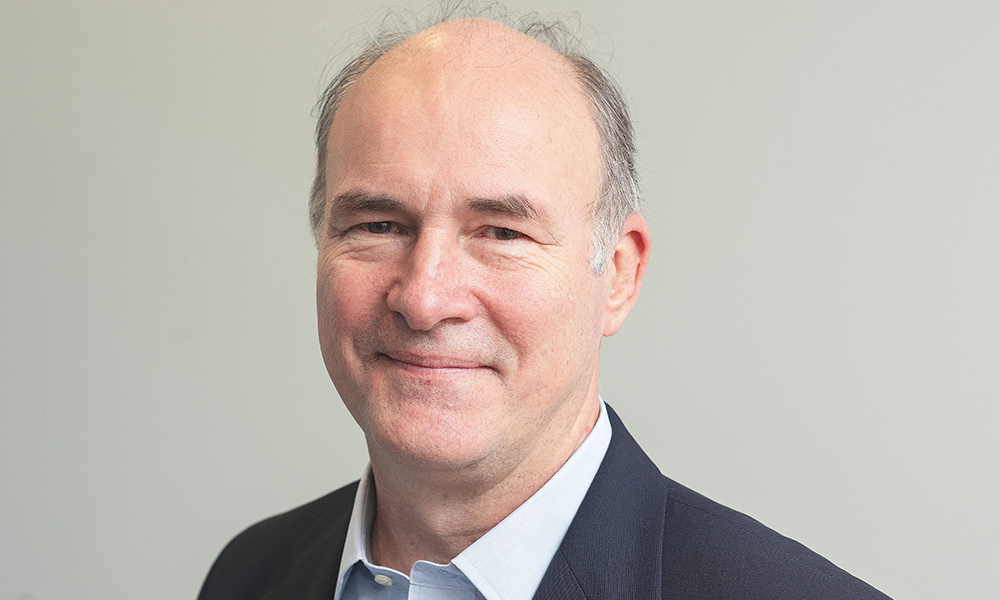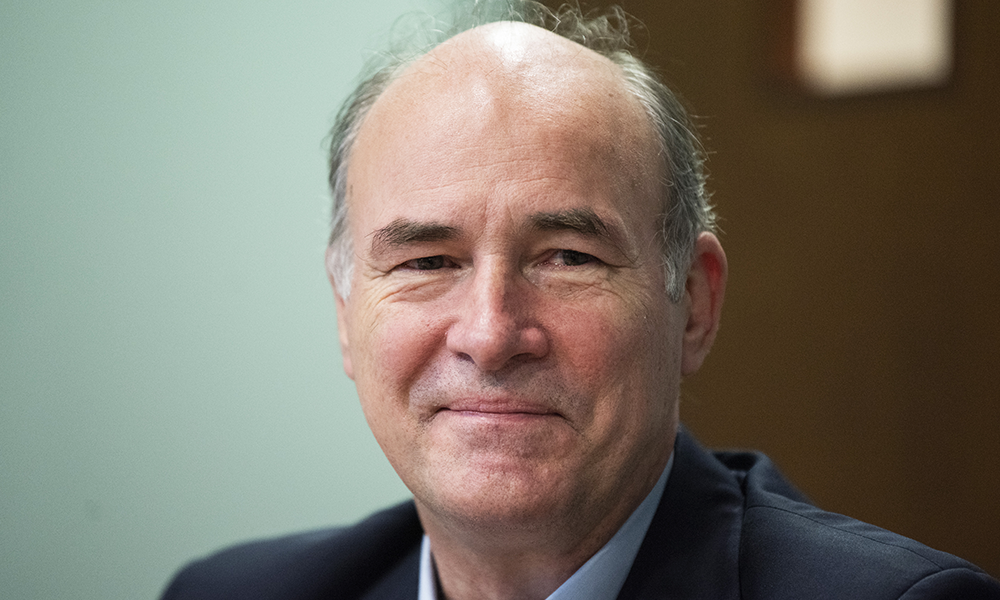We talk to former barrister and Planet Education Networks director, Professor Cedric Bell, about the group’s new east London operation
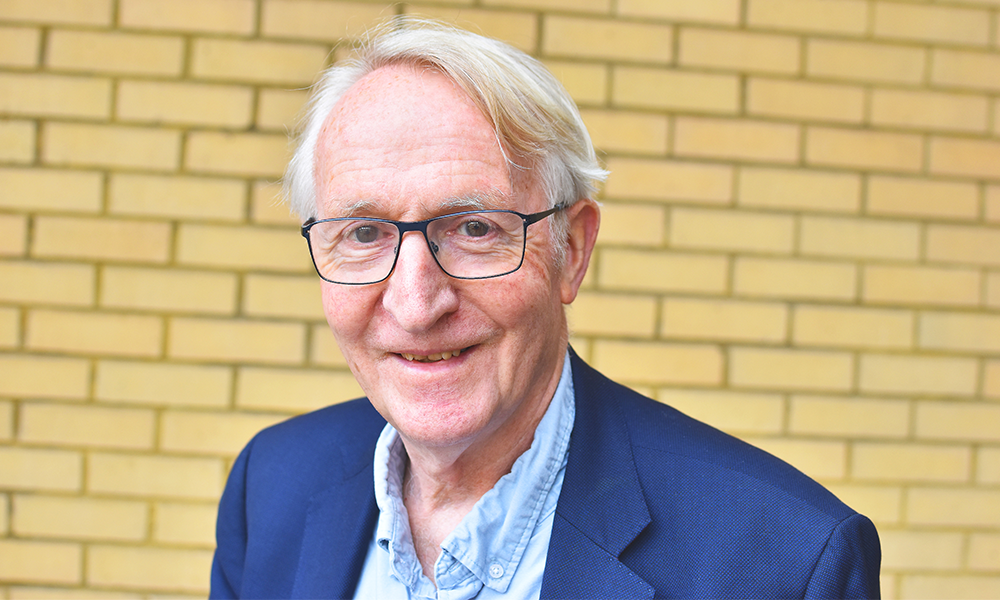
Subscribe to our free Wharf Whispers newsletter here
William College is set to open its doors in Stratford, welcoming students on its first two courses in September, 2024.
The campus will initially offer an LLB in law over three years plus a business and management (law) course with a foundation year over four.
Both will be accredited by a leading university.
The launch is the latest from Isle Of Dogs-based Planet Education Networks (PEN), which now operates a total of seven organisations including the Elizabeth School Of London and the Victoria College Of Arts And Design.
PEN director, Professor Cedric Bell, said: “William College will be where we have our law, criminal law, policing and criminology courses to complement what we’re doing with business and management at the Elizabeth School Of London.
“There is a real synergy between business and law and the latter is very popular with our student constituency.
“We don’t tend to have traditional university students – ours are often older, in their mid-to-late 20s or early 30s, and have domestic caring responsibilities.
“A lot of them are interested in studying law, whether to become solicitors in their own right or because they want to provide support for people in their communities on human rights or immigration issues.
“Having been a lawyer myself at one stage, I see it as a good qualification.
“It opens up a range of great career opportunities.”
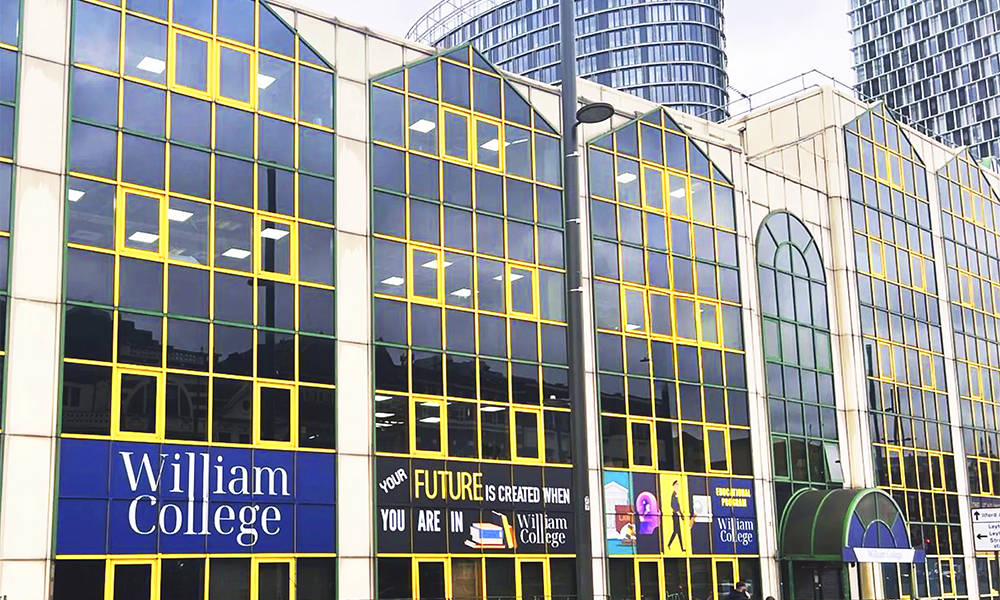
reaching full potential
PEN’s philosophy is very much about providing opportunities for “lifelong learning” as an agent of societal advancement – an ethos common across its operations and one that especially resonates with Cedric.
“I have a sympathy with people who may not have attained their full potential as yet,” he said.
“When I was younger, I struggled academically – I couldn’t read until I was seven – and the teachers at the school I attended in Belfast were not keen to encourage me because they felt I wasn’t up to it.
“I did better at A Level than I was expecting and, as a result, felt studying law was more realistic and attainable.
“I decided to take my future into my own hands and went to university.
“Personally, I don’t think you can judge a person by what they’ve achieved in their teens or when they were younger.
“That’s why we’re keen on widening access to give people a genuine opportunity to fulfil their dreams.
“By and large the students we have take a conscious decision. They don’t rush into it.
“For many who have been away from formal education for a number of years, it’s a huge step of faith to come back into it – but once they find they have the courage to do that and once they realise they’re in a supportive environment, they work very hard, because they’re more conscious of the commitment.
“For this reason we’re comfortable about offering law, because it’s a serious discipline, and it resonates with some of the decision-making of our students.”
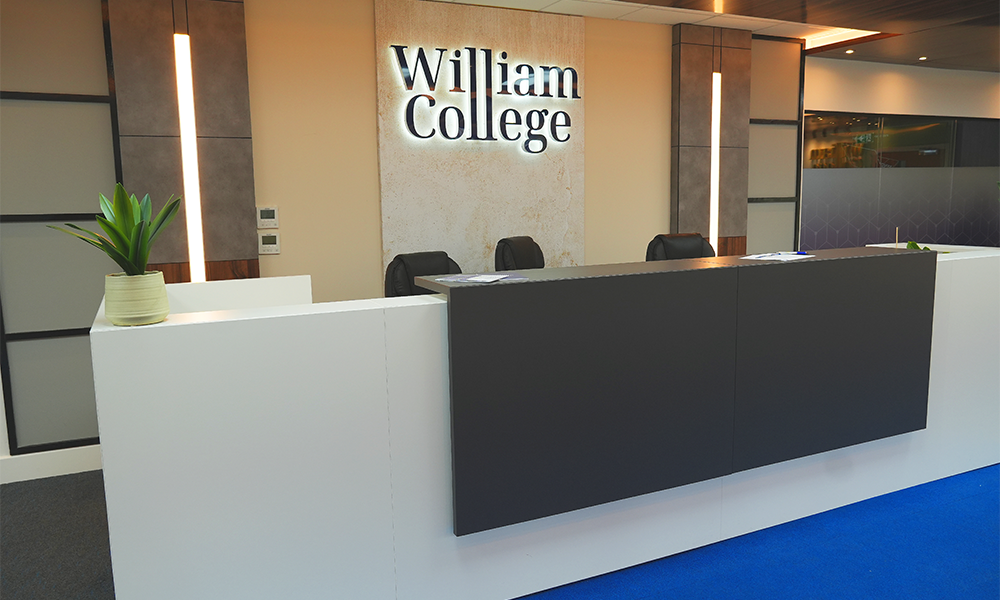
at the heart of Stratford: William College
The new campus is based on Stratford High Street, a few minutes’ walk from the area’s main station, offering connections to the Elizabeth Line, Jubilee, DLR, Overground and national rail services.
“The facilities we offer are excellent, William College is very well appointed,” said Cedric.
“We have a large reception area and spaces over a number of floors, which all emphasise that students are in an environment where they can connect with other like-minded people, a place that’s conducive to their needs.
“We’ve put a lot of resources into it, which we’re happy to do, because we’re in it for the long term.
“Choosing Stratford was both historical and an extension of our philosophy at PEN.
“We’ve always been in east London, so our roots are very much here, and we’re very committed to working with those from less fortunate backgrounds.
“If you look across the group, we’ve positioned our campuses in big cities so the communities we want to serve can access them easily.
“Stratford is also very good in terms of travel – it’s become a thriving place.”
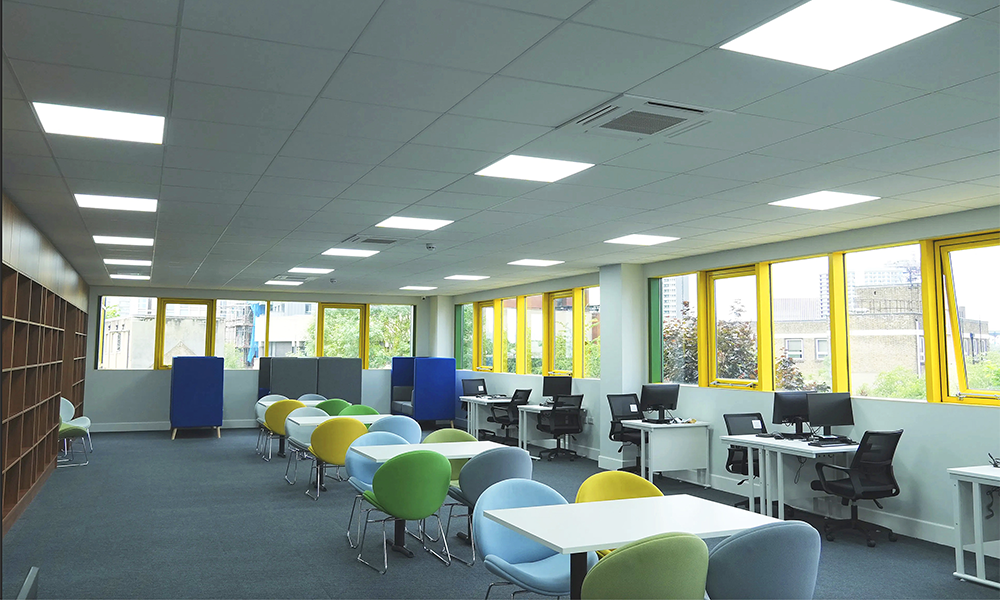
aimed at a local audience
“Nearly all our campuses concentrate on attracting students from the UK rather than people from overseas.
“Increasingly, more and more young people are asking themselves why they should do a degree course.
“What I’ve found is they ask two questions – will this course increase my employability and is it good value for money?
“The two main dynamics are employability and affordability. I’m not saying that a university degree is the best way forward for everyone.
“But I always say to young people: ‘Don’t put a glass ceiling over your head’. If you aspire to do something, you’re more likely to achieve it.
“The majority of people who studied law with me at university expected to practise as solicitors or barristers throughout their careers and I’m sure most have done that.
“But I enjoyed teaching law more than practising as a barrister and I had an opportunity within business and I built up a company, working in Malaysia and Africa.
“I can’t say that I thought while I was at university that my career would take the steps it has done.
“While law will obviously be our flagship course – with policing and criminology an extension from that, forming a group of courses – business and management are natural partners too.
“I work on the principle that you might be a very distinguished and capable musician, but to harness those talents you need to know something about how to run a business.
“An awful lot of law in practice is dealing with business, so we want to optimise our students’ skills for their post university careers.”
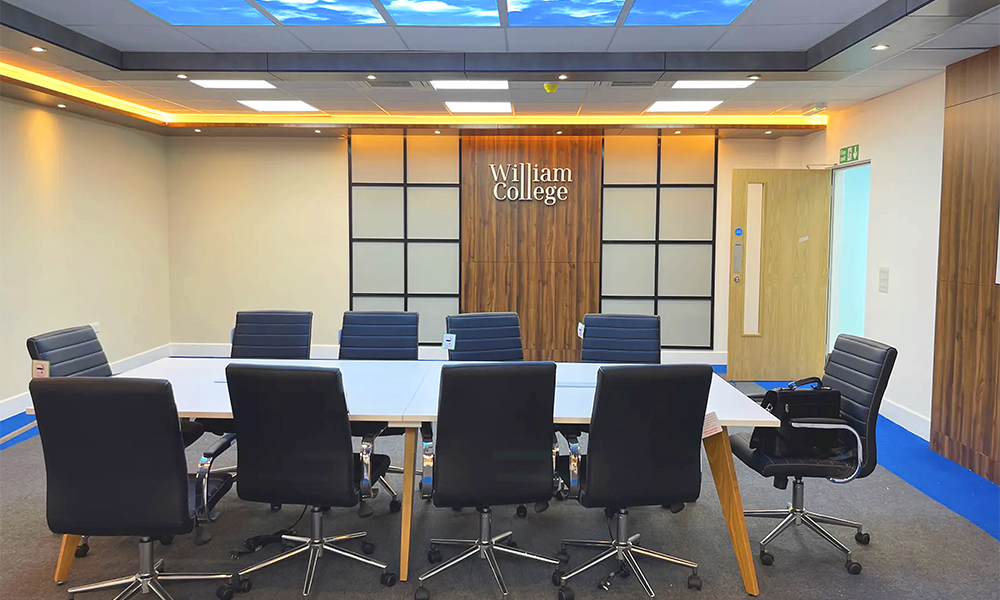
key details: William College
William College is located in Stratford and is currently offering two degree courses, one in law and one in business and management (law).
Find out more about the courses here
Read more: How Toby Kidman created a pub with soul at the Pacific Tavern
Read Wharf Life’s e-edition here
Subscribe to our free Wharf Whispers newsletter here
- Jon Massey is co-founder and editorial director of Wharf Life and writes about a wide range of subjects in Canary Wharf, Docklands and east London - contact via jon.massey@wharf-life.com




